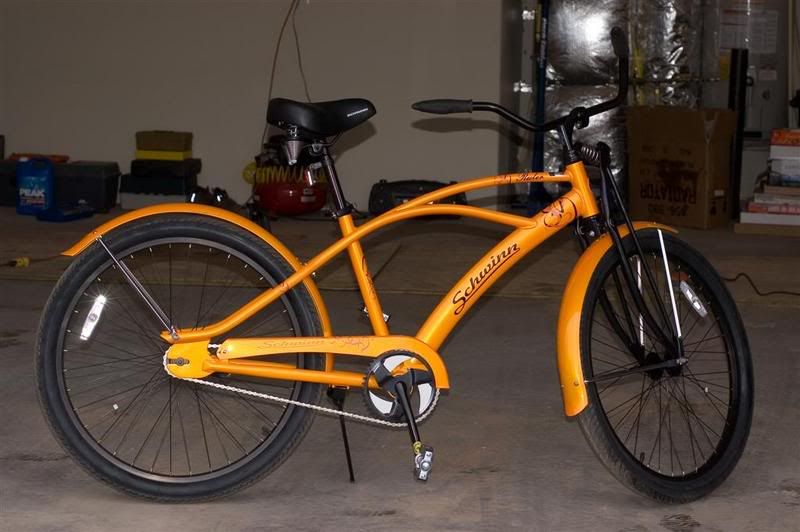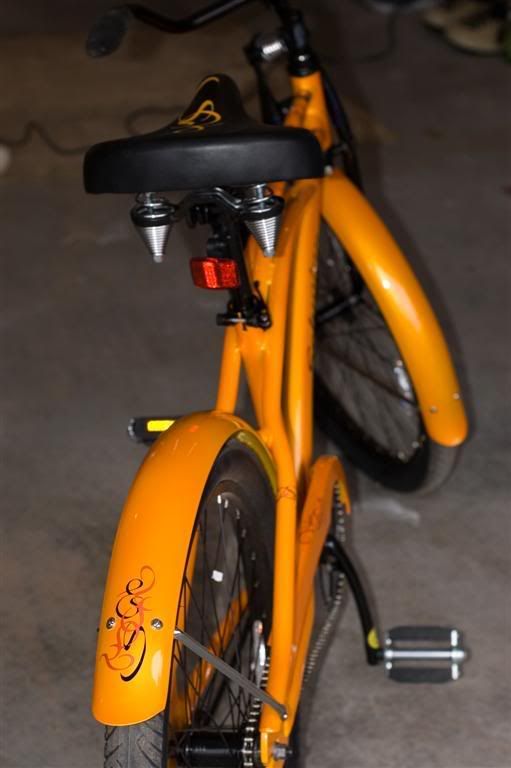I'm about half way through reading 'Zen and the Art of Motorcycle Maintenance' by Robert M. Pirsig and i came across a section that i find particularly interesting. Much of the book is philosophical thoughts/ideas and this is one of the more concise ideas. I'm actually just going to type it out word for word. I'm curious about opinions. I think it sounds like an idea with a lot of possible validity.
[His] argument for the abolition of the degree-and- grading system produced a nonplussed or negative reaction in all but a few students at first, since it seemed, on first judgment, to destroy the whole University system. One student laid it wide open when she said with complete candor, "Of course you can't eliminate the degree and grading system. After all, that's what we're here for."
She spoke the complete truth. The idea that the majority of students attend a university for an education independent of the degree and grades is a little hypocrisy everyone is happier not to expose. Occasionally some students do arrive for an education but rote and the mechanical nature of the institution soon converts them to a less idealistic attitude.
The demonstrator was an argument that elimination of grades and degrees would destroy this hypocrisy. Rather than deal with generalities it dealt with the specific career of an imaginary student who more or less typified what was found in the classroom, a student completely conditioned to work for a grade rather than for the knowledge the grade was supposed to represent.
Such a student, the demonstrator hypothesized, would go to his first class, get his first assignment and probably do it out of habit. He might go to his second and third as well. But eventually the novelty of the course would wear off and, because his academic life was not his only life, the pressure of other obligations or desires would create circumstances where he just would not be able to get an assignment in.
Since there was no degree or grading system he would incur no penalty for this. Subsequent lectures which presumed he'd completed the assignment might be a little more difficult to understand, however, and this difficulty, in turn, might weaken his interest to a point where the next assignment, which he would find quite hard, would also be dropped. Again no penalty.
In time his weaker and weaker understanding of what the lectures were about would make it more and more difficult for him to pay attention in class. Eventually he would see he wasn't learning much; and facing the continual pressure of outside obligations, he would stop studying, feel guilty about this and stop attending class. Again, no penalty would be attached.
But what had happened? The student, with no hard feelings on anybody's part, would have flunked himself out. Good! This is what should have happened. He wasn't there for a real education in the first place and had no real business there at all. A large amount of money and effort had been saved and there would be no stigma of failure and ruin to haunt him the rest of his life. No bridges had been burned.
The student's biggest problem was a slave mentality which had been built into him by years of carrot-and- whip grading, a mule mentality which said, "If you don't whip me, I won't work." He didn't get whipped. He didn't work. And the cart of civilization, which he supposedly was being trained to pull, was just going to have to creak along a little slower without him.
This is a tragedy, however, only if you presume that the cart of civilization, "the system," is pulled by mules. This is a common, vocational, "location" point of view, but it's not the Church attitude.
The Church attitude is that civilization, or "the system" or "society" or whatever you want to call it, is best served not by mules but by free men. The purpose of abolishing grades and degrees is not to punish mules or to get rid of them but to provide an environment in which that mule can turn into a free man.
The hypothetical student, still a mule, would drift around for a while. He would get another kind of education quite as valuable as the one he'd abandoned, in what used to be called the "school of hard knocks." Instead of wasting money and time as a high-status mule, he would now have to get a job as a low-status mule, maybe as a mechanic. Actually his real status would go up. He would be making a contribution for a change. Maybe that's what he would do for the rest of his life. Maybe he'd found his level. But don't count on it.
In time...six months; five years, perhaps...a change could easily begin to take place. He would become less and less satisfied with a kind of dumb, day-to-day shopwork. His creative intelligence, stifled by too much theory and too many grades in college, would now become reawakened by the boredom of the shop. Thousands of hours of frustrating mechanical problems would have made him more interested in machine design. He would like to design machinery himself. He'd think he could do a better job. He would try modifying a few engines, meet with success, look for more success, but feel blocked because he didn't have the theoretical information. He would discover that when before he felt stupid because of his lack of interest in theoretical information, he'd now find a brand of theoretical information which he'd have a lot of respect for, namely, mechanical engineering.
So he would come back to our degreeless and gradeless school, but with a difference. He'd no longer be a grade-motivated person. He'd be a knowledge-motivated person. He would need no external pushing to learn. His push would come from inside. He'd be a free man. He wouldn't need a lot of discipline to shape him up. In fact, if the instructors assigned him were slacking on the job he would be likely to shape them up by asking rude questions. He'd be there to learn something, would be paying to learn something and they'd better come up with it.
Motivation of this sort, once it catches hold, is a ferocious force, and in the gradeless, degreeless institution where our student would find himself, he wouldn't stop with rote engineering information. Physics and mathematics were going to come within his sphere of interest because he'd see he needed them. Metallurgy and electrical engineering would come up for attention. And, in the process of intellectual maturing that these abstract studies gave him, he would he likely to branch out into other theoretical areas that weren't directly related to machines but had become a part of a newer larger goal. This larger goal wouldn't be the imitation of education in Universities today, glossed over and concealed by grades and degrees that give the appearance of something happening when, in fact, almost nothing is going on. It would be the real thing.








